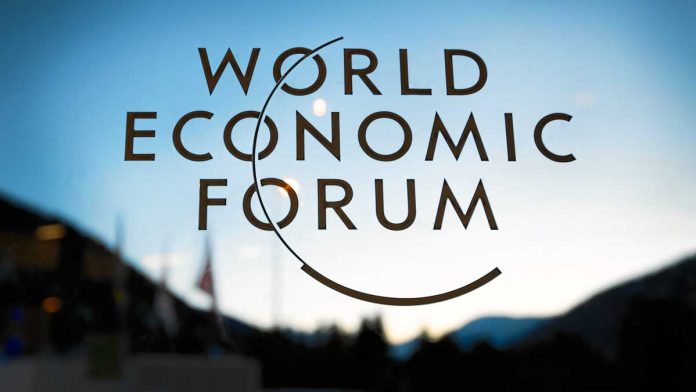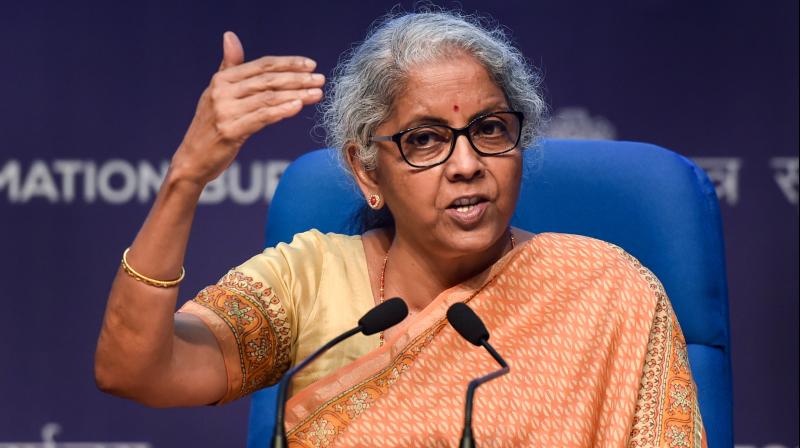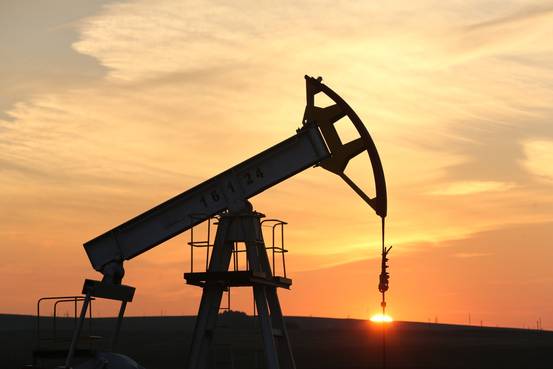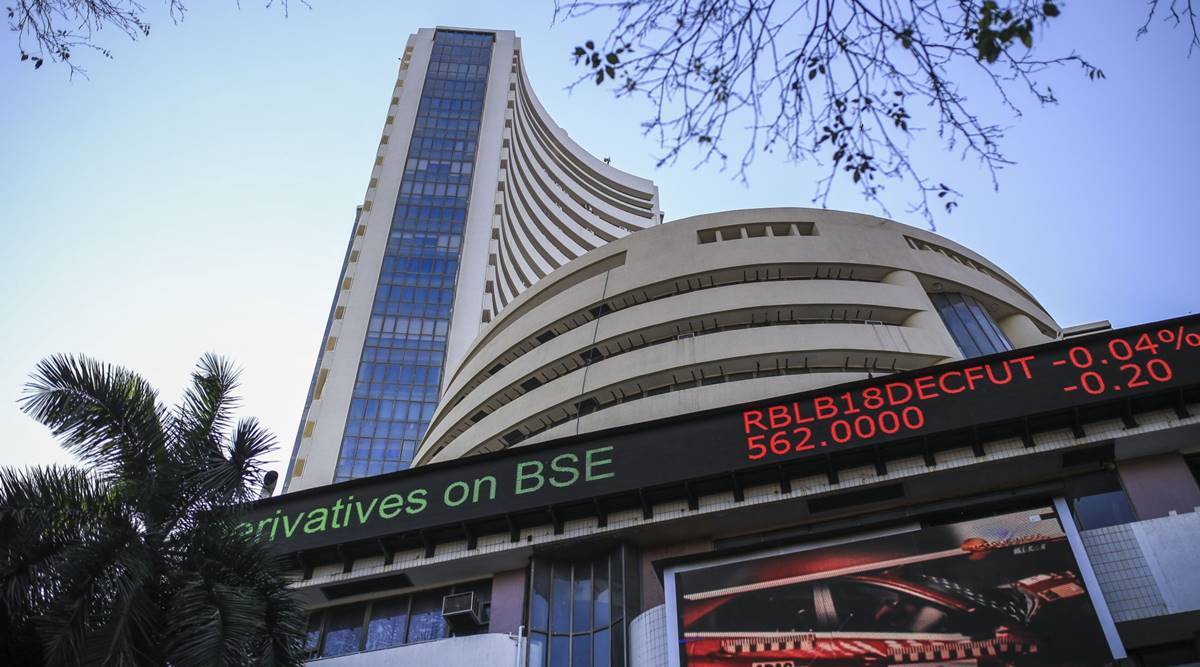India ranks 76th on WEF global Energy Transition index
Mon 25 Mar 2019, 12:48:12

India has moved up two places to rank 76th on a global energy transition index. This annual list, compiled by Geneva-based World Economic Forum (WEF), has ranked 115 economies on how well they are able to balance energy security and access with environmental sustainability and affordability.
The report, released by the WEF today, said India is amongst the countries with high pollution levels and has a relatively high CO2 intensity in its energy system. It added that despite this, India has made significant strides to improve energy access in recent years, and currently scores well in the area of regulation and political commitment towards energy transition.
The report suggested there was a ground for optimism regarding India despite the current outdated energy system not being ready for the transition because an enabling environment is being built to support the future transition.
While India has scored low in terms of system performance, it ranks considerably higher when it comes to
readiness to adapt to future energy needs.
readiness to adapt to future energy needs.
India is also the second best in the BRICS block of emerging economies, with Brazil being the best at 46th place globally. However, India is the only amongst the five economies to improve its rank since last year.
China is ranked even lower than India at 82nd position, though it ranks very high at seventh place in the world for regulation and political commitment.
Sweden remains on the top on this annual list and is followed by Switzerland and Norway in the top three. Among major economies, the UK is ranked 7th, Singapore 13th, Germany 17th, Japan 18th and the US 27th. Within Asia, Malaysia is ranked highest at 31st, Sri Lanka is 60th, Bangladesh 90th and Nepal 93rd.
While the US has made progress in reducing the use of coal in power generation, it slipped in the rankings by four places reflecting concerns about the affordability of energy to households, and regulatory uncertainty on environmental sustainability.
No Comments For This Post, Be first to write a Comment.
Most viewed from Business
AIMIM News
Latest Urdu News
Most Viewed
May 26, 2020
Which Cricket team will win the IPL 2025 trophy?
Latest Videos View All
Like Us
Home
About Us
Advertise With Us
All Polls
Epaper Archives
Privacy Policy
Contact Us
Download Etemaad App
© 2025 Etemaad Daily News, All Rights Reserved.






























